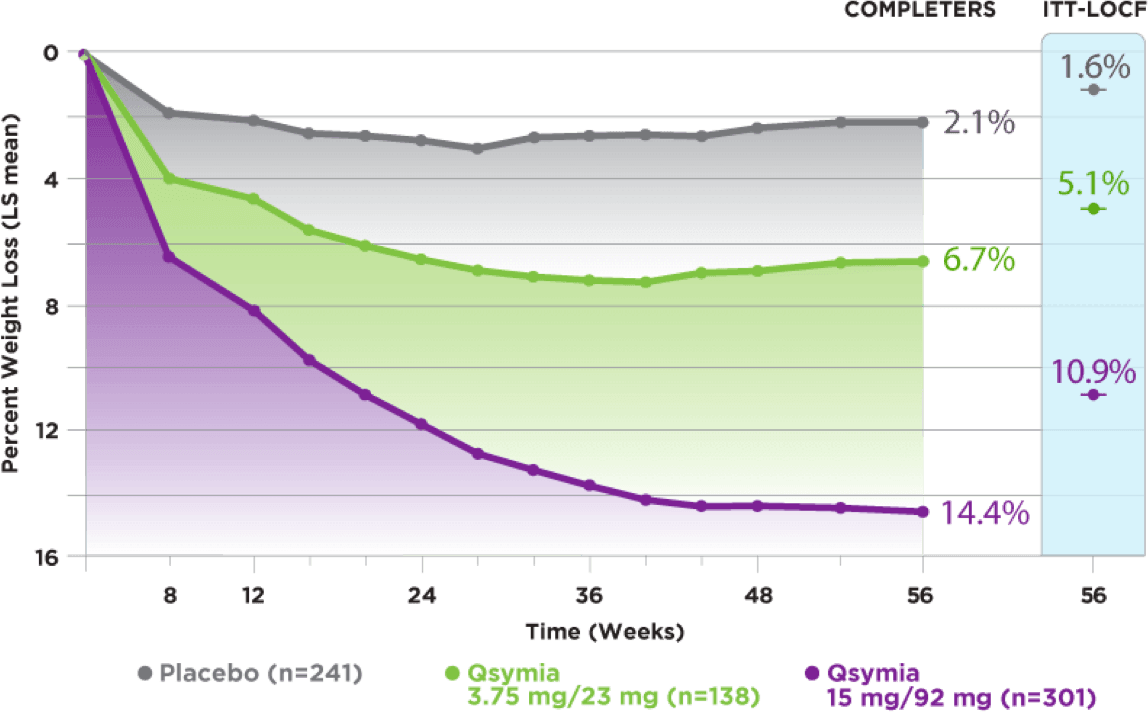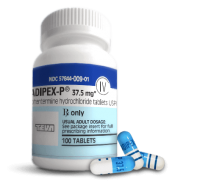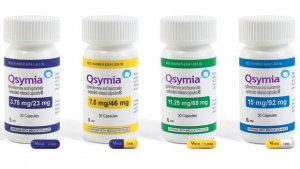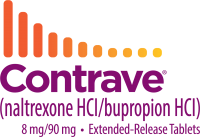Weight Loss Pills: Benefits & Answers
Weight loss pills are for obese people or overweight patients with or without medical problems such as diabetes, hypertension, or sleep apnea. Many individuals are often unable to lose enough weight with diet and exercise alone. As a result, they need added help in the form of medications. New research over the past 10 years has changed the way physicians and the public treat obesity and its complications.
Three changes have lead to the inclusion of weight loss medications in current guidelines for obesity treatment:
- We now understand that obesity is a true disease with genetic determinants, not a “will power” problem.
- The healthcare community recognizes obesity is a major public health threat, not a cosmetic issue.
- Weight gain after stopping medication indicates that obesity is a typical chronic disease. Like diabetes or hypertension, it often requires long-term treatment.
Which Weight Loss Pills are Right for Me?
When selecting weight loss pills for an overweight patient, I consider a number of important factors. They include:
- Medical history
- Diagnostics (such as blood tests)
- Medical conditions
- Medications the patient is taking
- The patient’s goal weight
- Efficacy and potential side effects of the weight loss medication
All of this information allows me to select the best weight loss pills for the individual. Safe and effective weight loss means selecting the right medication for the right patient.
Weight Loss Pills Have Different Actions And Each Individual Has Different Reasons for Weight Gain
Each overweight individual has a different reason for being overweight. It may be that the person eats very large meals or never feels full. Perhaps the person has strong cravings, eats in the middle of the night, or eats out of anxiety or boredom. Maybe they have a medical issue such as an under-active thyroid (hypothyroidism). That is why it is so important to evaluate the patient before prescribing medication. In order to use weight loss pills effectively, you first need to:
- Identify your causes for weight gain
- Match a diet plan with your food preferences
- Determine the best diet pills to assist you with hunger, cravings, and metabolism.
Weight loss pills, even the strongest, are not magic bullets. They are only helpers. Even the strongest medication cannot stop a person from eating very bad, readily available foods.
Where Does a Diet Plan Fit In?
 Dietary changes – even simple ones – ALWAYS come before medications. Whether or not I prescribe weight loss pills, making good food choices is necessary. That is where most diet plans fall down. My diet plans have no counting, no expensive or hard to find foods, and I built them around your existing food preferences. They are designed for you to succeed!
Dietary changes – even simple ones – ALWAYS come before medications. Whether or not I prescribe weight loss pills, making good food choices is necessary. That is where most diet plans fall down. My diet plans have no counting, no expensive or hard to find foods, and I built them around your existing food preferences. They are designed for you to succeed!
Weight loss pills, even taken for brief periods, often help individuals lose weight in their plan. Some people experience fullness for the first time in their lives. Others finally feel in control of their food and learn to make better food decisions. Many overweight people also learn that they genuinely do not need as much food as they once believed. Therefore, I commonly prescribe them for 3-4 weeks to jump-start a diet program.
While some patients may do well taking the drugs for a few weeks, others may need to take them for months or even years. Because every person has a different reason for his or her weight gain, doctors need to match each person to the right medication. This is not only the choice of drug, but dose and duration as well.
Are Weight Loss Pills Safe and Effective?
A meta review of 596 studies covering more than 200,000 individual overweight patients found that these FDA approved medications were safe and produced significant weight loss. All of the FDA approved medications, despite the internet gossip, have no significant effects on the heart or on blood pressure. The is recently well reviewed from the National Institutes of Health in 2014 and published in the Journal of the American medical Association
Scientists developed these drugs to do one or more of the following:
- curb hunger
- increase satiety (the feeling of fullness)
- inhibit fat absorption
- increase metabolism
- diminish cravings, and most important
- reduce appetite
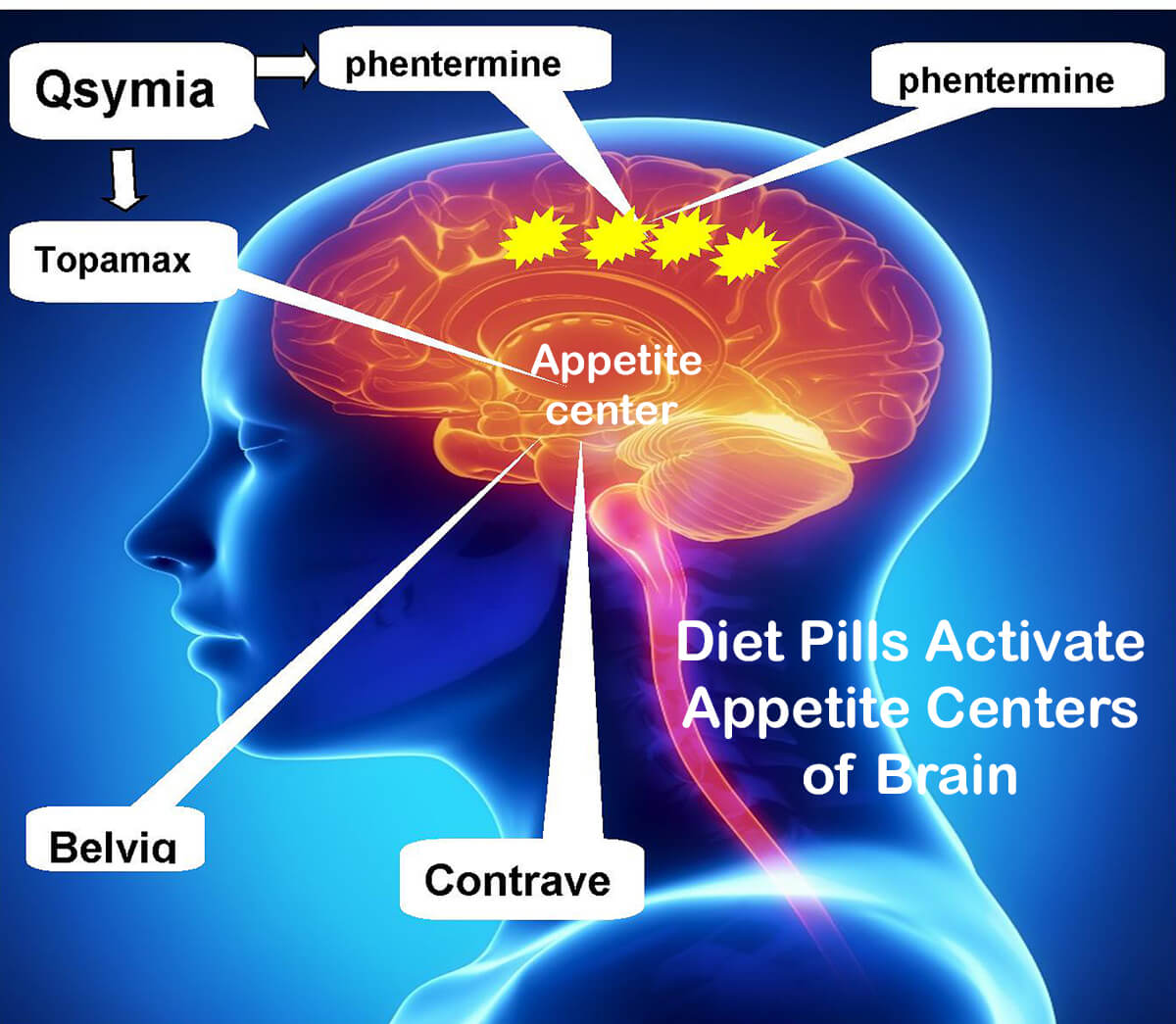
This image shows the different areas of the brain affected by different diet pills. Some work on the appetite center in the hypothalamus, while others influence various neurotransmitters and chemical receptors.
The FDA certifies each weight loss pill as safe and effective. For the FDA to consider a diet medication to be effective, they require it produce 5% weight loss above a placebo after 12 months.
The graph shows the results from a clinical trial of the weight loss pill Qsymia, which is a combination of phentermine and topiramate. You can see the step-wise reduction in body weight throughout the 56-week study. It shows weight loss with placebo (gray line) vs. weight loss with low dose (green line) and high dose (purple line) medication.
Additionally, the clinical trials required by the FDA must prove the drug is safe. Those trials continue even after the drug becomes available to patients. All of the approved drugs have passed these trials; researchers have proven they are safe. Millions of dieters have used them without significant problems.
Who Should Not Consider Weight Loss Pills
- Women who are pregnant or breast feeding
- Individuals with hyperthyroidism
- Individuals with glaucoma
- People allergic to any of the drug’s components
- Anyone taking drugs known to interfere with any of the components of these medications. This includes both legal and illegal drugs
- Anyone taking MAOI inhibitors
- Children under the age of 16 (except in a few circumstances)
- Some of the medications have some potential, although extremely rare, to interfere with concurrent SSRI medications, some cardiac problems or seizure disorders.
Each individual needs to discuss the use of these medications with their personal physician to see which medications will be safe and effective.

